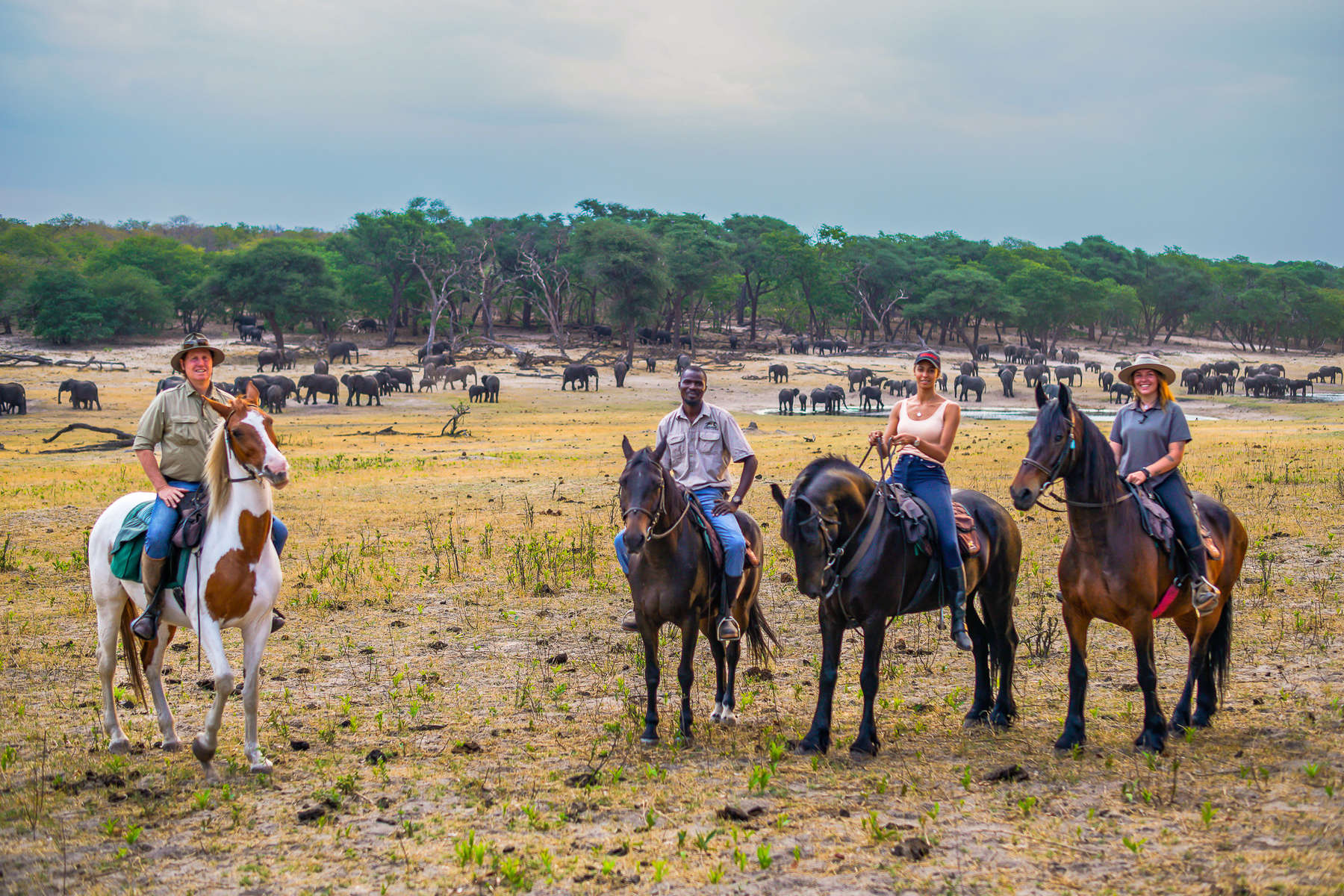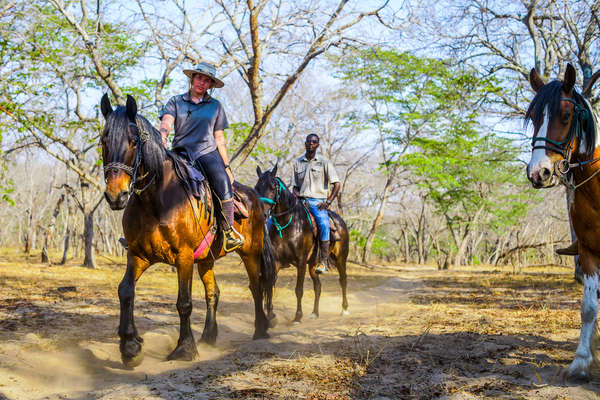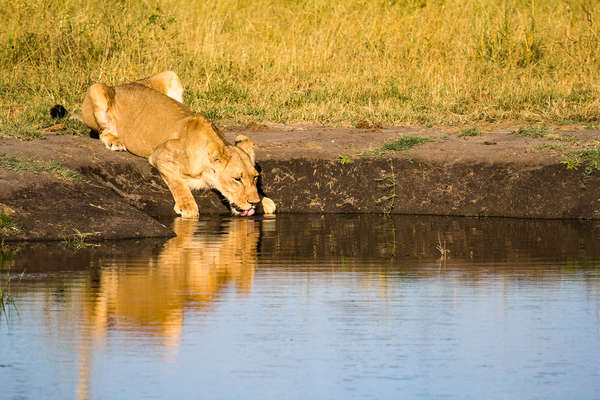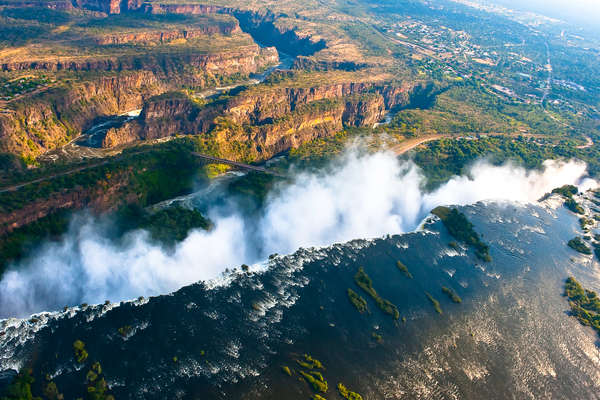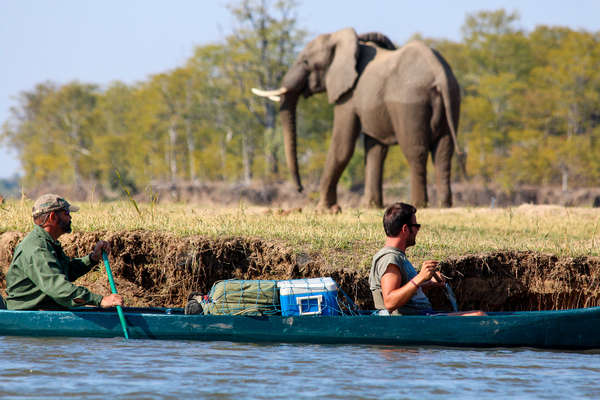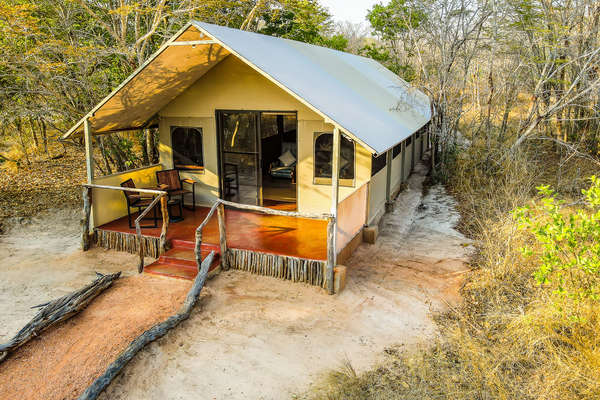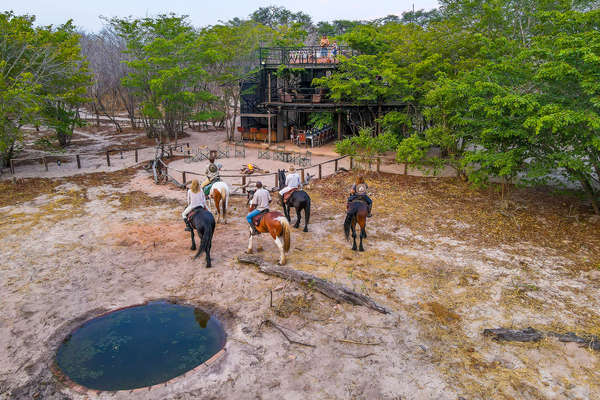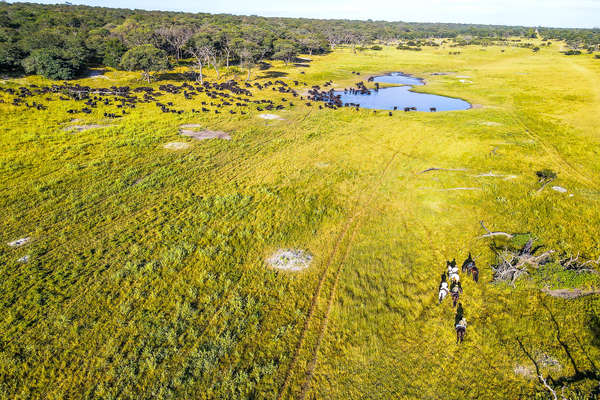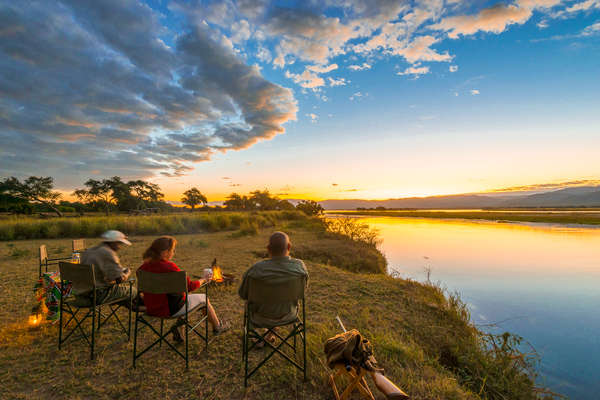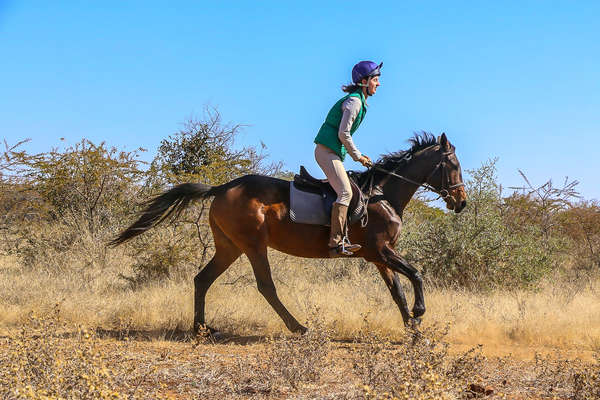Area total: 390,757 km2 (150,872 sq mi) (60th)
Population:2016 estimate 16,150,362 (73rd)
Density: 26/km2 (67.3/sq mi) (170th)
GDP (PPP) 2017 estimate:Total $33.872 billion, Per capita
$2,276
Currency: USD, South African Rand, Botswana Pula, euro... See our section about money
Since the 11th century, present-day Zimbabwe has been the site of several organised states and kingdoms as well as a major route for migration and trade. The British South Africa Company of Cecil Rhodes first demarcated the present territory during the 1890s; it became the self-governing British colony of Southern Rhodesia in 1923. In 1965, the conservative white minority government unilaterally declared independence as Rhodesia. The state endured international isolation and a 15-year guerrilla war with black nationalist forces; this culminated in a peace agreement that established universal enfranchisement and de jure sovereignty as Zimbabwe in April 1980. Zimbabwe then joined the Commonwealth of Nations, from which it was suspended in 2002 for breaches of international law by its then government and from which it withdrew from in December 2003. It is a member of the United Nations, the Southern African Development Community (SADC), the African Union (AU), and the Common Market for Eastern and Southern Africa (COMESA). It was once known as the "Jewel of Africa" for its prosperity.
Robert Mugabe became Prime Minister of Zimbabwe in 1980, when his ZANU-PF party won the elections following the end of white minority rule; he was the President of Zimbabwe from 1987 until his resignation in 2017. Under Mugabe's authoritarian regime, the state security apparatus dominated the country and was responsible for widespread human rights violations. Mugabe maintained the revolutionary socialist rhetoric of the Cold War era, blaming Zimbabwe's economic woes on conspiring Western capitalist countries. The country has been in economic decline since the 1990s, experiencing several crashes and hyperinflation along the way.
Source: https://en.wikipedia.org/wiki/Zimbabwe
Zimbabwe lies almost entirely over 1,000 feet (300 metres) above sea level. Its principal physical feature is the broad ridge running 400 miles from southwest to northeast across the entire country, from Plumtree near the Botswana frontier through Gweru (formerly Gwelo) and Marondera (formerly Marandellas) to the Inyanga Mountains, which separate Zimbabwe from Mozambique. About 50 miles wide, this ridge ranges in altitude from 4,000 to 5,000 feet, until it eventually rises to 8,504 feet (2,592 metres) at Mount Inyangani, the highest point in Zimbabwe, in the eastern highlands. This ridge is known as the Highveld and comprises about 25 percent of the country’s total area. On each side of this central spine, sloping down northward to the Zambezi River and southward to the Limpopo River, lies the wider plateau of the Middleveld, which, at an altitude between about 3,000 and 4,000 feet, makes up roughly 40 percent of Zimbabwe’s area. Beyond this again and mostly in the south, where the Sabi, Lundi, and Nuanetsi rivers drain from the plateau into the Limpopo, lies the Lowveld, which constitutes approximately 23 percent of the country’s total area. The lowest point in Zimbabwe lies at an altitude of 660 feet near Dumela, where the Limpopo flows into Mozambique. There are no parts of Zimbabwe that can properly be called desert, although a sector northwest of Plumtree and a lengthy belt across the Lowveld in the south are severely arid.
English is an official language although only 2% of the population have it as a mother tongue.
Hello (initial): mhoro/mhoroi sawubona/salibonani
Hello (reply): ahoi yebo
How are you?: makadii/makadi-ni ? linjani/kunjani ?
I am fine: ndiripo sikona
Thank you: ndatanda/masvita siyabonga kakulu
Please: ndapota uxolo
Excuse me: pamsoro/ipindeo ngicela ukwedlula
Sorry: pamsoro ngiyaxolisa
Do you speak English?: unodziva kutawura chirungu ? uyakwazi ukukuluma isilungu ?
Goodbye (while staying): chisarai zvakanaka lisalekuhle
Goodbye (while leaving): fambai zvakanaka uhambe kuhle
I would like...: ndinoda... / ngicela...
I am lost: ndara tsika sengilahlekile/ngiduhile

